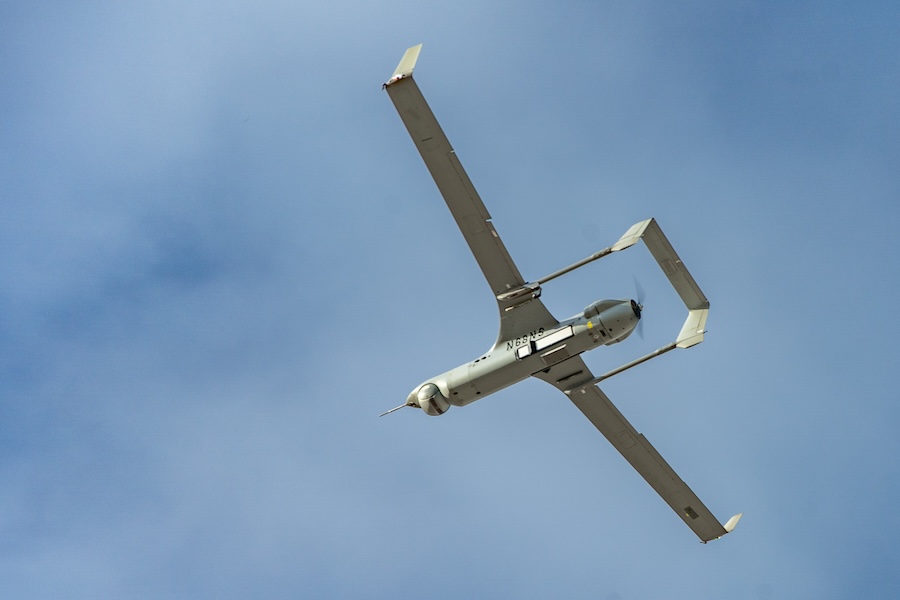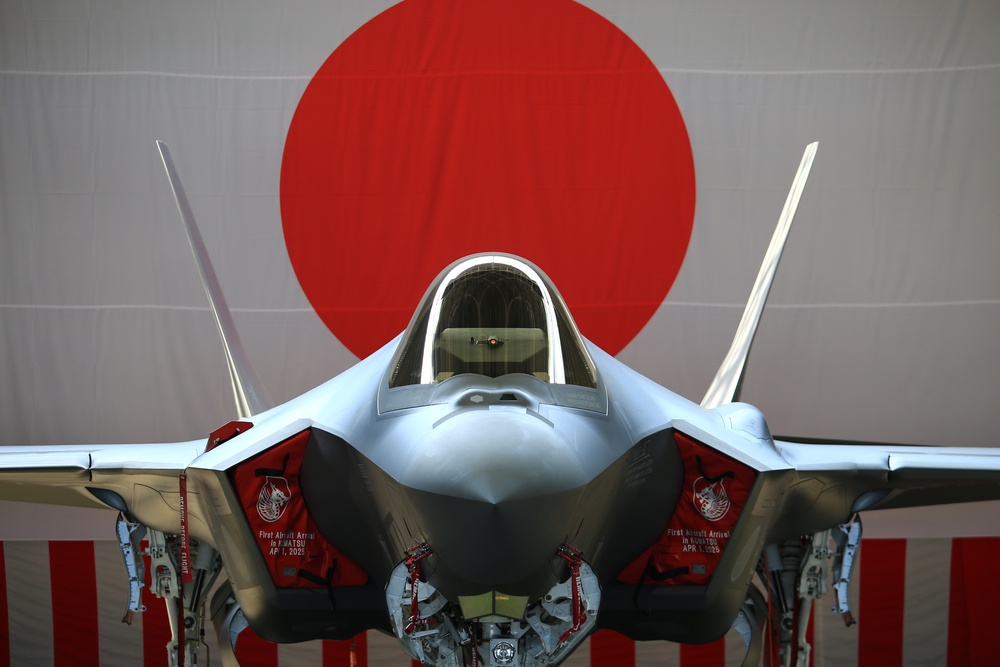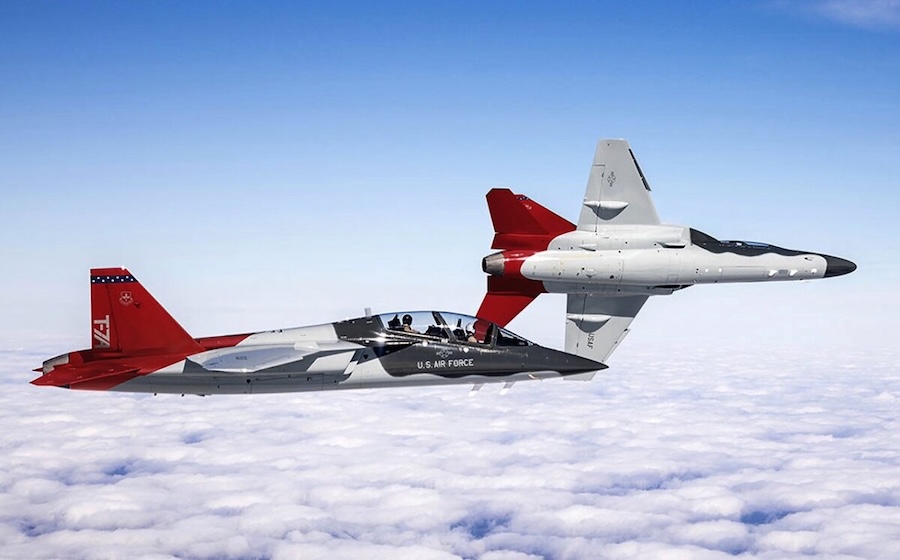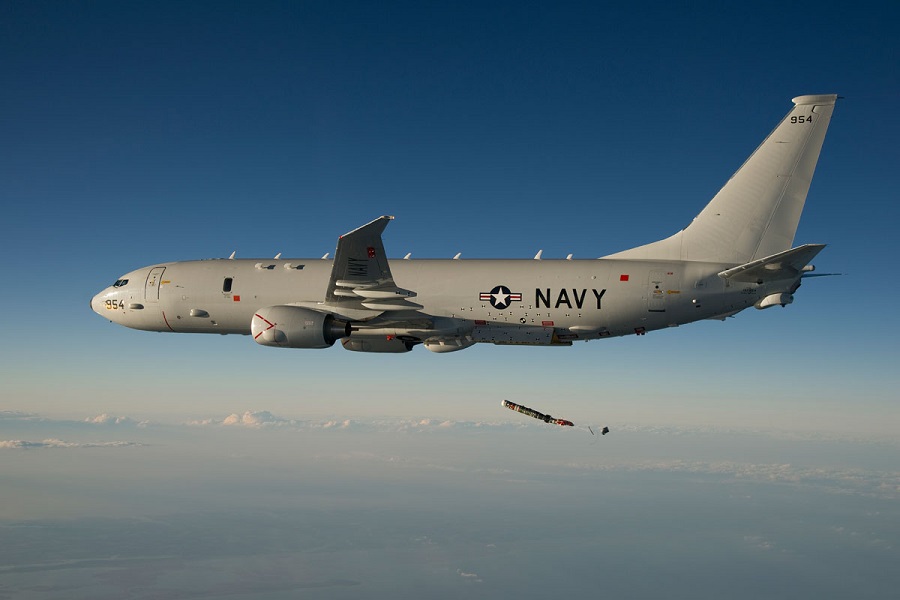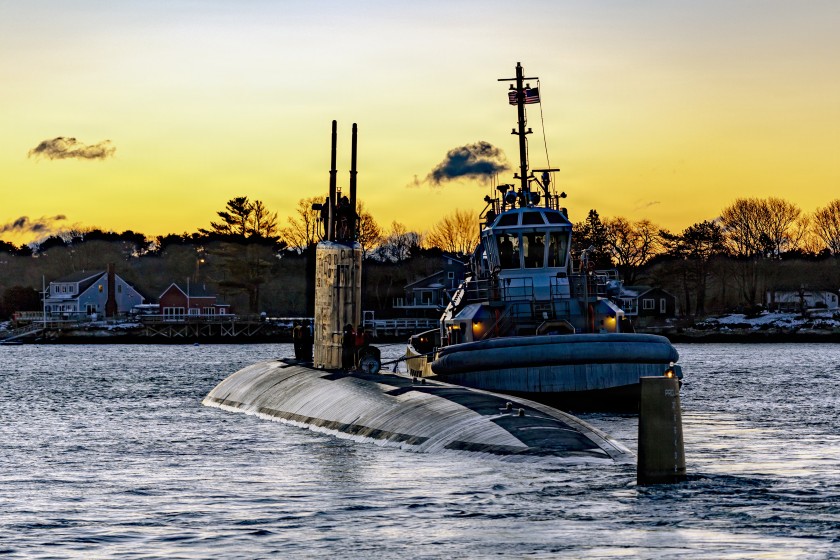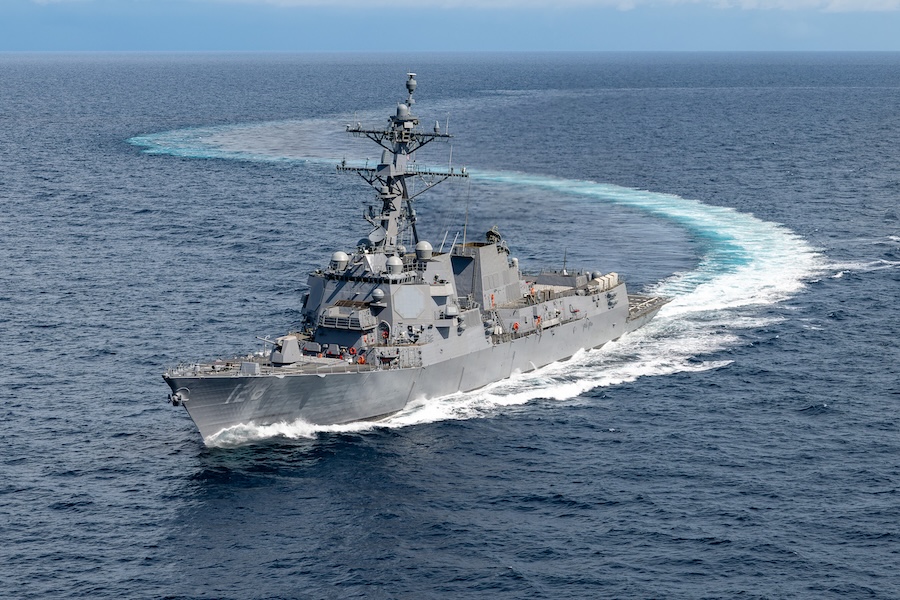NATO Secretary General Mark Rutte confirmed the development at a closing press conference, stating the targets “describe exactly what capabilities Allies need to invest in over the coming years… to keep our deterrence and defence strong and our one billion people safe.” These targets will serve as the foundation for a new defence investment plan expected to be approved at the upcoming NATO Summit in The Hague.
The investment proposal calls for NATO Allies to allocate 5% of their GDP to defence, including 3.5% for core defence spending. An additional 1.5% of GDP is to be directed annually towards defence and security-related investments, such as infrastructure and resilience.
Also on Thursday, the NATO-Ukraine Council convened with participation from Ukrainian Minister of Defence Rustem Umerov and the EU’s High Representative for Foreign Affairs and Security Policy, Kaja Kallas. Secretary General Rutte reiterated Allied support for Ukraine, highlighting that “this year alone, Allies had pledged over 20 billion euros in additional security assistance for Ukraine.”
He also acknowledged the new commitments made by Allies during the Ukraine Defence Contact Group meeting held on Wednesday. These pledges reflect continued backing for Ukraine’s defence efforts amid ongoing conflict.
In the Ministerial’s final session, NATO Defence Ministers participated in the regular meeting of NATO’s Nuclear Planning Group. “Nuclear deterrence remains the cornerstone of Alliance security,” said the Secretary General, adding that NATO would ensure its nuclear capability “remains strong and effective, in order to preserve peace, prevent coercion and deter aggression.”
Source: NATO HQ.



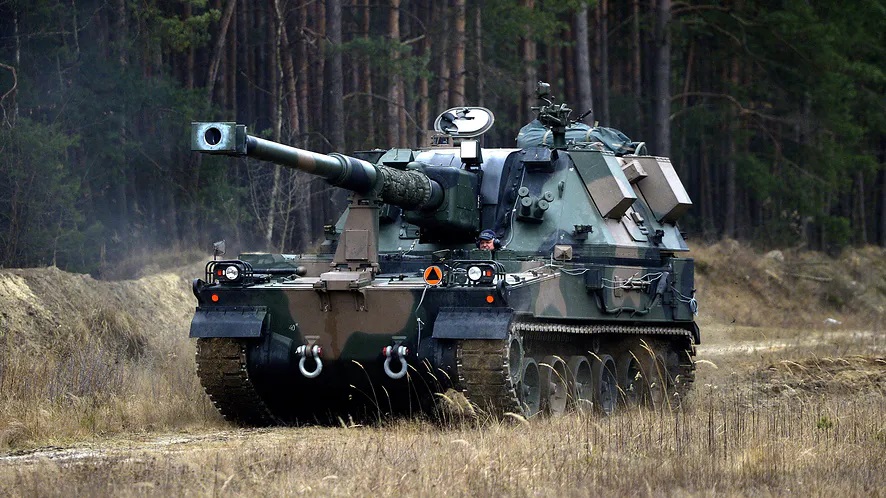







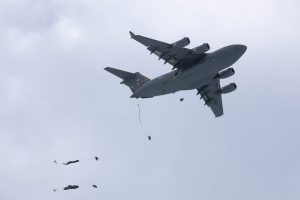

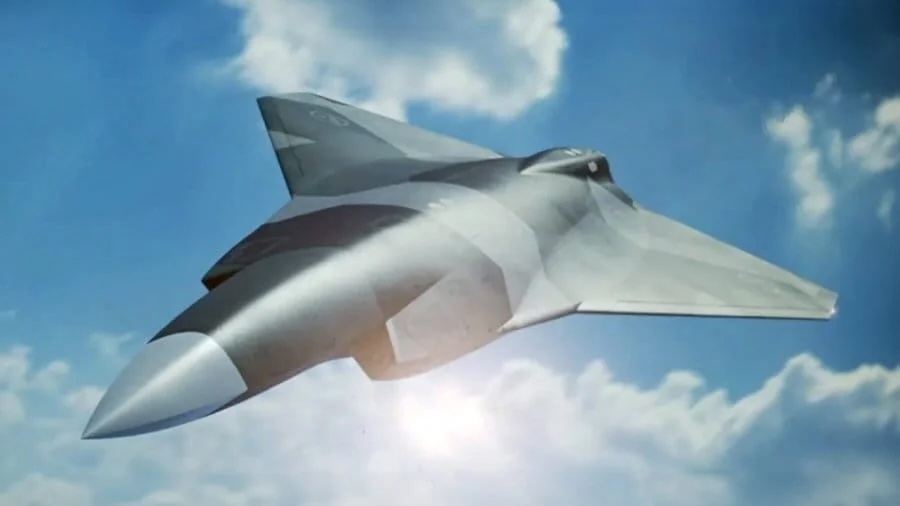
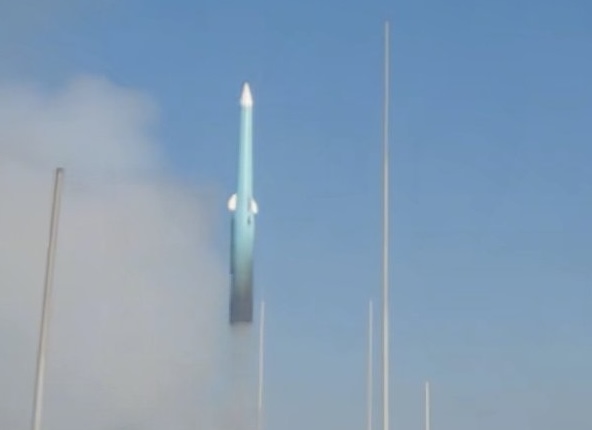

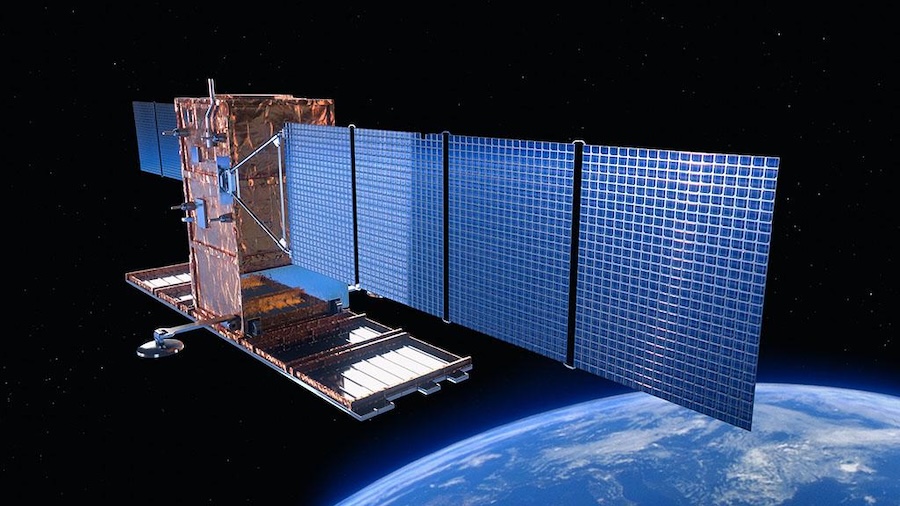

![Aselsan’s KGK-84 winged guidance kit records direct hit in first F-16 live target drop test [VIDEO]](https://defence-industry.eu/wp-content/uploads/2026/01/aselsans-kgk-84-winged-guidance-kit-records-direct-hit-in-first-f-16-live-target-drop-test-video.jpg)


